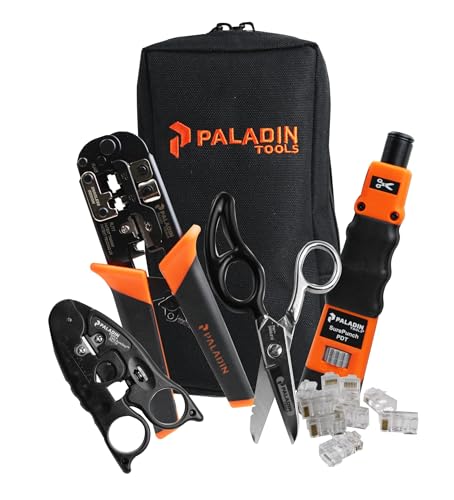xd-data-ii
Active member
Hey
So it seems I failed the April Power exam - 60% which apparently is a fail!!!
I did a lot of study for it in leading up to April and am looking at doing a review course for the exam in October.
I thoroughly went through the EPRM book, the Chepalti vol1 book, EC&M cals book, some sections of the Wildi book, ncees sample exam and kaplan sample exam and some others.
I was thinking of doing the Irvine course but am wondering that seen as I have gone through the Chepalti book they use numerous times is there anything I can gain from the course.
I know they follow it and I found the book didn't have anywhere near the level of detail or the full subjects that came up in the exam. It was good to learn some stuff not good enough for the exam. I found the EPRM book to be closer matched but surprisingly found that I needed to go to Wildi book by far the most in the exam and to search through sections I hadn't covered.
Stevenson/Grainger book is badly and complexly written for me to give it priority over the others. Maybe I should focus more on that this time round.
There was some really sneaky damn questions in that April exam!
So would the Irvine course be a waste of money if they just go through the Chepalti book and the ncees sample exam considering I have exhaustively gone through them before?
Any advice would be greatly appreciated.
Admittedly at the moment I'm pretty damn p-ed off and am frustrated that I am immediately back to that frame of mind where I can't just watch tv for the nagging thought in my head that I should be studying instead. Man I hate that.
Congrats to those who passed though!!
Also the pass rate for repeat exam takers is 28% and first time takers is 61%.
Why would the repeat exam takers percentage be so low? Surely it should be really high. Seems weird to me.
-Steven
So it seems I failed the April Power exam - 60% which apparently is a fail!!!
I did a lot of study for it in leading up to April and am looking at doing a review course for the exam in October.
I thoroughly went through the EPRM book, the Chepalti vol1 book, EC&M cals book, some sections of the Wildi book, ncees sample exam and kaplan sample exam and some others.
I was thinking of doing the Irvine course but am wondering that seen as I have gone through the Chepalti book they use numerous times is there anything I can gain from the course.
I know they follow it and I found the book didn't have anywhere near the level of detail or the full subjects that came up in the exam. It was good to learn some stuff not good enough for the exam. I found the EPRM book to be closer matched but surprisingly found that I needed to go to Wildi book by far the most in the exam and to search through sections I hadn't covered.
Stevenson/Grainger book is badly and complexly written for me to give it priority over the others. Maybe I should focus more on that this time round.
There was some really sneaky damn questions in that April exam!
So would the Irvine course be a waste of money if they just go through the Chepalti book and the ncees sample exam considering I have exhaustively gone through them before?
Any advice would be greatly appreciated.
Admittedly at the moment I'm pretty damn p-ed off and am frustrated that I am immediately back to that frame of mind where I can't just watch tv for the nagging thought in my head that I should be studying instead. Man I hate that.
Congrats to those who passed though!!
Also the pass rate for repeat exam takers is 28% and first time takers is 61%.
Why would the repeat exam takers percentage be so low? Surely it should be really high. Seems weird to me.
-Steven
Last edited by a moderator:





















